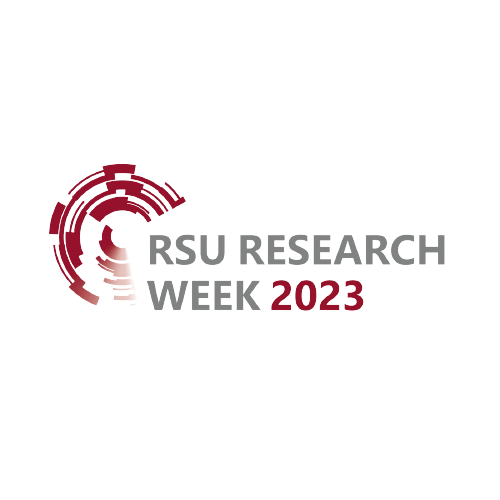
Marike Kolossa-Gehring
Dr. Marike Kolossa-Gehring is biologist and toxicologist and got her PhD from the Christian-Albrechts-University Kiel, Germany. Her research focusses on toxicology and human biomonitoring (HBM). She joined the German Environment Agency (UBA) in 1992 where she worked on environmental impacts on human health, general and international affairs of environmental chemicals regulation, toxicology and as head of the section “Pharmaceuticals, Washing- and Cleansing Agents”.
She is Head of Section “Toxicology, Health-related Environmental Monitoring” and was coordinator of the European Joint Programme HBM4EU, a joint effort of more than 120 partners from 30 countries, the European Environment Agency and the European Commission, co-funded under Horizon 2020. At the UBA she is in charge of managing the German Federal Human Biomonitoring Program consisting of German Environmental Survey (GerES), the part on human samples of the German Environmental Specimen Bank (ESB), the German Human Biomonitoring Commission, and the HBM cooperation between the German Chemical Industry Association (VCI) and the Federal Ministry for the Environment, Nature Conservation, and Nuclear Safety (BMU).
She was involved in the development of assessment strategies and guidelines at the national, EU and OECD level, vice-chair and chair of the OECD Endocrine Disruptor Testing and Assessment Task Force from 2006 to 2010. She was Work Package Leader in the EU HBM projects ESBIO, DEMOCOPHES and COPHES, the Consortium to Perform Human Biomonitoring on a European Scale preparing and piloting a European human biomonitoring study. From 2011 to 2014 she was Governmental Councillor of the International Society of Exposure Science (ISES) and is member of the curatorium of the Fraunhofer Institute for Biomedical Engineering IBMT.
She is one of the co-leads of Work Package 4 “Exposure and Monitoring” of PARC, the “European Partnership for the Assessment of Risks from Chemicals” in which the work of HBM4EU will be continued and a next round of HBM studies for Europe will be conducted.

